HAITI | PM Ariel Henry under pressure to Resign, Coup rumors abound, Gang leaders "in Charge."
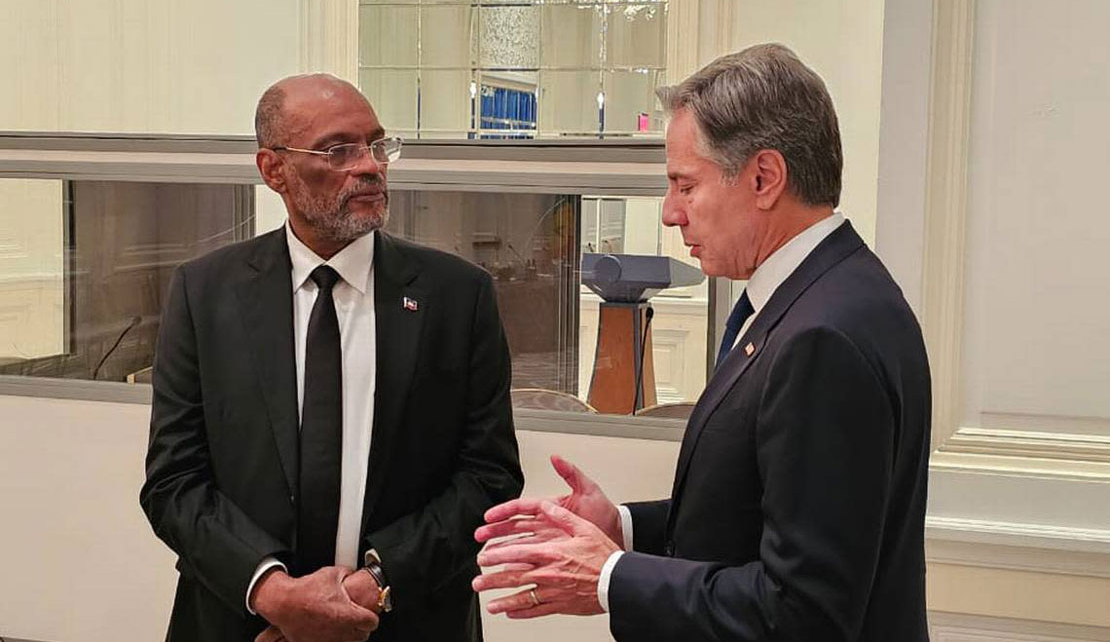
PORT-AU-PRINCE, Haiti, March 6, 2024 - In the heart of the Caribbean, Haiti is a nation gripped by an unending nightmare, its streets ruled by the law of the gun rather than the rule of law.
The capital, Port-au-Prince, once a bustling hub of life and culture, now lies in the shadow of gang rule, where the only currency is fear. Prime Minister Ariel Henry, under immense pressure from the United States to step down, finds himself caught in a labyrinth of political instability and violence that seems to have no exit.
Henry's recent attempt to return to Haiti after seeking support in Kenya was thwarted by airspace restrictions, a clear sign of his dwindling authority. In fact, Henry, who was supposed to step down in February, was said to be in Puerto Rico, after the Dominican Republic, which shares the island of Hispaniola with Haiti, on Tuesday refused permission for his plane to land.
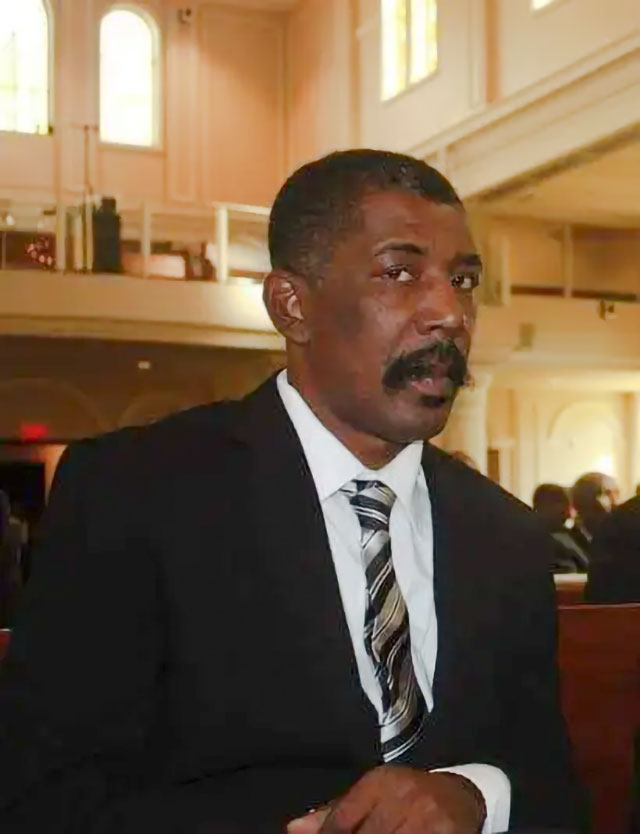
As the Prime Minister flounders to establish control, the audacity of street gangs surges unchecked, their power expanding from the alleys of Port-au-Prince to the very heart of Haitian society.
The streets whisper of a new order as Guy Philippe, a name marred by rebellion and conviction, proposes a presidential council with himself close to the helm, offering a semblance of a solution amidst the chaos.
The opposition is looking to install Judge Durin Junior Duret from the Court of Appeals as the head of a 3-member presidential council that also includes former senator and rebel leader Guy Philippe and Francoise Saint-vil Villier from the religious sector– National Spiritual Council of Churches (CONASPEH).
Yet, this promise of leadership comes as cold comfort to a nation that has seen its democratic structures crumble. Over a single weekend, the gangs orchestrated a daring escape, liberating thousands of inmates from Haiti’s largest prisons, an act that underscores the depth of the crisis facing the nation.
The specter of Jimmy Cherizier, known ominously as "Barbecue," looms large over Haiti's future, embodying the chilling threat of civil war and genocide if Prime Minister Henry remains in power.
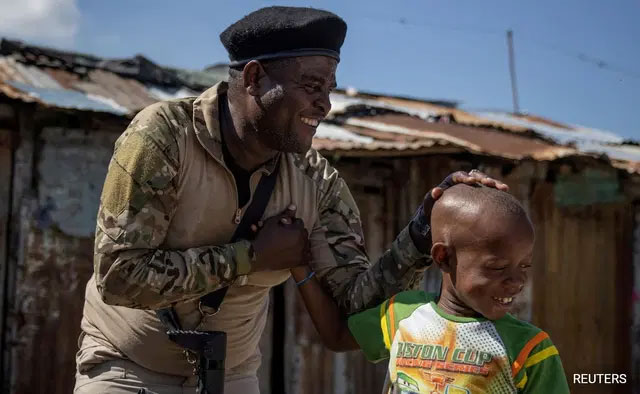
His proclamation that Haiti could become either a paradise or a hell for all echoes ominously through the streets, a stark ultimatum that highlights the desperation and division slicing through the country's heart.
His control of the G9 Family and Allies gang federation has brought Port-au-Prince to its knees, showcasing his formidable influence and the government's faltering grip on stability.
As the violence escalates, the human toll of this crisis becomes increasingly dire. Port-au-Prince, already suffocating under the weight of gang dominion, witnessed the unprecedented horror as gangs brazenly attacked outside Toussaint Louverture International Airport, turning a symbol of escape into a battlefield.
The resulting chaos shuttered schools, banks, and the airport itself, plunging the city deeper into despair. The government's response, a curfew and a plea for international assistance, feels like a drop in the bucket against the tidal wave of violence threatening to engulf the nation.
Beyond the capital, the ripple effects of this turmoil are devastating. Thousands have fled their homes, seeking refuge from the violence that has uprooted their lives.
The displacement has strained Artibonite, Haiti's breadbasket, now facing its own crisis as the influx of refugees exacerbates food shortages.
This humanitarian catastrophe underlines the urgent need for a solution, yet with each passing day, the path to peace seems increasingly fraught with obstacles.
The international community, while concerned, has yet to find the leverage needed to restore order, leaving Haiti teetering on the brink of an abyss.
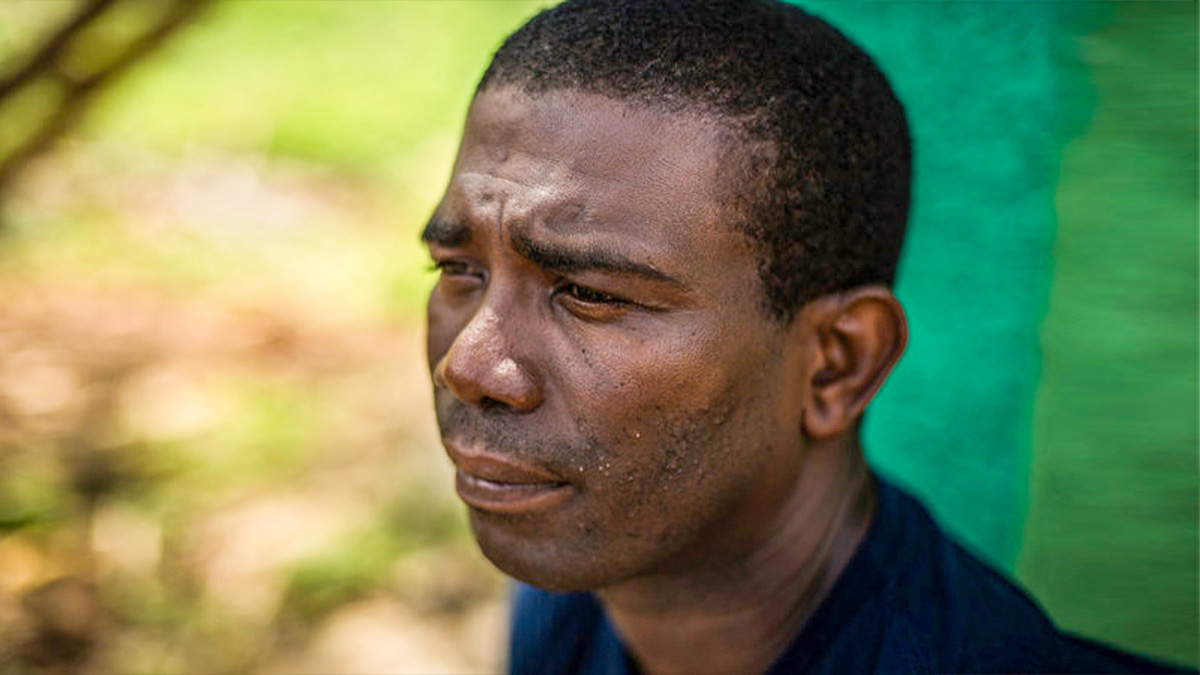
It is a clarion call for solidarity, for an intervention that goes beyond politics to address the human suffering at the heart of this crisis.
Haiti's descent into chaos is not merely a news story; it is a humanitarian emergency that challenges the conscience of the global community.
In the shadows of Haiti's turmoil, Jean-Charles Moise, a figure of the leftist political movement, emerges as a voice of defiant change, proclaiming the imminent formation of a new government. This prospective administration, poised to steer Haiti out of its abyss, envisions a judge at its helm, with the controversial former rebel leader Guy Philippe and Francoise Saint-Vil Villier, a respected figure from the religious sector, at its side. This coalition, reflective of Moise's vision, aims to bridge the divide with a governance model rooted in Haiti's sovereign interests and dignity.
Jean-Charles Moise's ultimatum to Prime Minister Henry and his cabinet is stark—resign or face the wrath of a nation yearning for change. The gravity of this demand is underscored by the revelation that many in the current government have sought refuge in the shadows, their silence a testament to the growing discontent and fear gripping Haiti's political landscape. Moise extends an olive branch to those willing to cooperate, promising safety amidst the storm. Yet, his warning is clear: allegiance to Henry invites the people's fury, a pursuit relentless and unforgiving.
Amidst the echoes of domestic upheaval, Moise's stance towards the international community is unwavering. His caution to foreign diplomats to tread lightly on Haiti's sovereignty signals a broader narrative of self-determination, a rebuke of external influence not aligned with the nation's interests. In his vision, Haiti's rebirth must be on its own terms, respectful of its dignity, open to support that acknowledges its autonomy.
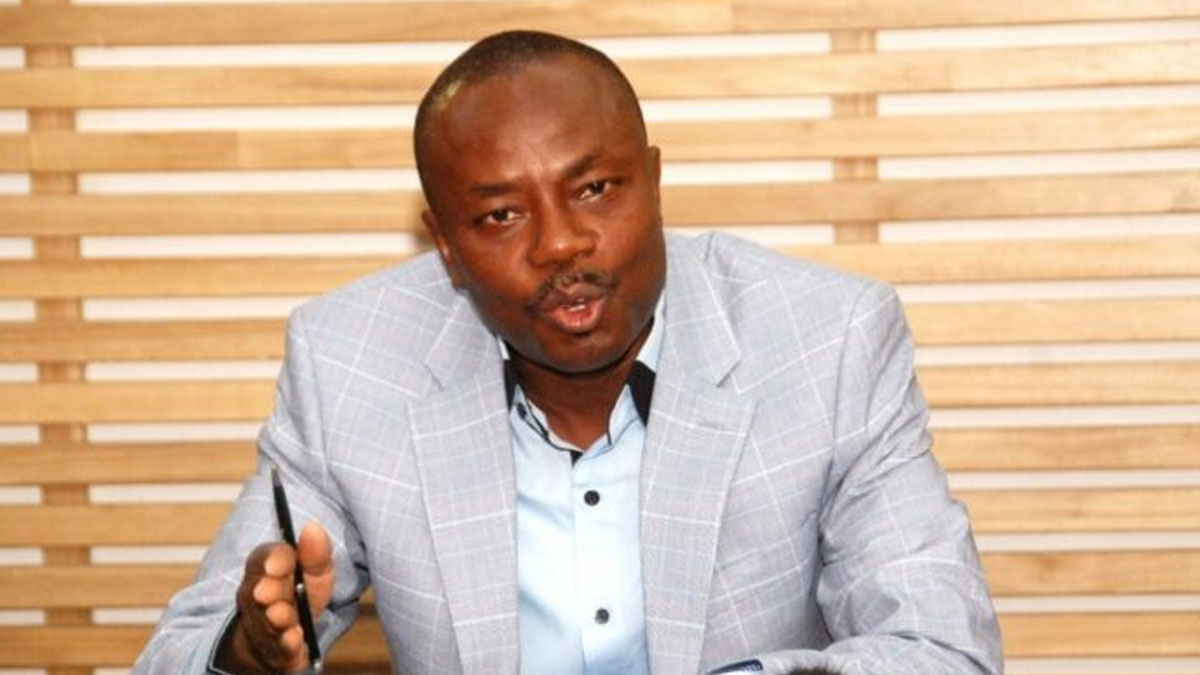
As Haiti teeters on the edge of an abyss, the Caribbean Community (CARICOM), led by its Chairman, Guyana's President Irfaan Ali, has intensified its focus on the escalating crisis engulfing one of its member states.
The fifteen-member regional organization, deeply concerned by the unfolding events, has been actively seeking pathways to alleviate the socio-economic and political turmoil that threatens to further destabilize Haiti, a nation of approximately 12 million souls.
In a series of separate meetings with Prime Minister Henry, Haitian stakeholders, and international partners, the expanded Bureau of CARICOM has been tirelessly working to forge a consensus that could pave the way for peace and stability.
President Ali's assertion underscores a profound commitment to resolution, emphasizing the dire consequences of inaction—not just for Haiti but for the Caribbean region as a whole. "To bring resolution to this highly complex matter, where persons' lives and livelihoods are at stake," reflects a vision of solidarity, recognizing the intricate tapestry of challenges that Haiti faces and the urgent need for a concerted, compassionate response.
This regional endeavor, though fraught with complexities, embodies the hope for a diplomatic breakthrough that could finally turn the tide, offering the Haitian people a glimmer of hope amid their darkest hours.
As the international community watches and CARICOM rallies its collective might, the message is clear: the plight of Haiti is not a solitary struggle but a regional concern that demands unwavering support and decisive action.
The path forward is fraught with uncertainty, yet the resolve of the Caribbean nations serves as a beacon, guiding Haiti towards a future where peace and prosperity might once again flourish.
-30-
